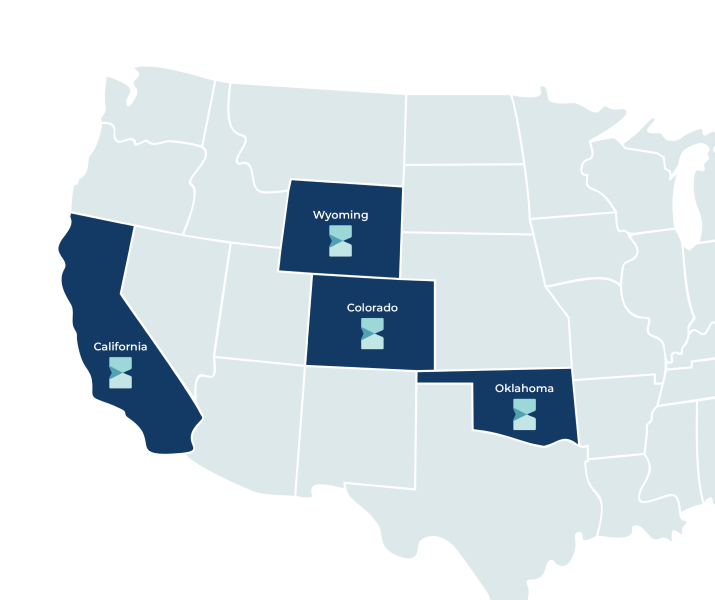
Foods to Avoid if You Have Periodontal Disease
Periodontal disease is a very treatable dental condition—but you can help your gums heal by avoiding certain foods.
While professional treatment and at-home oral care play a critical role in managing gum disease, your diet can also make a big difference. Certain foods can worsen symptoms like inflammation and pain, making it harder for your gums to heal.
With nearly half of U.S. adults over 30 experiencing some form of periodontal disease, understanding what not to eat is just as important as knowing how to care for your teeth.
What Is Periodontal Disease?
Periodontal (gum) disease is caused by a chronic bacterial infection that damages the gums and the bone supporting your teeth. The condition often begins with plaque buildup, which hardens into tartar if not removed. Tartar can’t be cleaned with regular brushing—it requires a professional cleaning.
Early-stage gum disease, known as gingivitis, causes symptoms like bleeding, tenderness, and gum inflammation. If left untreated, the infection can deepen, forming pockets between the gums and teeth. Eventually, this can result in tooth loss, bone damage, and even links to other serious health problems like heart disease.
What Causes It?
Poor dental hygiene is the leading contributor to gum disease. Other risk factors include:
- Smoking and tobacco use
- Dry mouth
- Hormonal changes
- Chronic conditions like diabetes
- A genetic predisposition
Foods to Avoid with Periodontal Disease
Whether you're undergoing scaling and root planing or more advanced surgical treatments like flap surgery or grafts, what you eat can either support your recovery—or hinder it.
Avoid these food types during treatment and healing:
Acidic Foods
Foods high in acid, such as citrus fruits, tomatoes, pickles, and black coffee, feed bad bacteria and irritate already-inflamed gums.
Sugary Foods
Sugar fuels bacteria growth, which accelerates plaque buildup. That includes candy and soda, but also processed foods with hidden sugars like white bread, sauces, and flavored yogurts.
Cold Foods
Because gum disease can expose nerve endings, cold beverages and foods like ice cream or smoothies can trigger sharp pain or sensitivity.
What Else Can You Do?
In addition to adjusting your diet, focus on:
- Brushing and flossing daily
- Using fluoride toothpaste and mouthwash
- Quitting smoking
- Reducing sugar and starch intake
- Attending regular dental cleanings
These habits not only help maintain results from treatment, but also prevent future gum deterioration.
Don’t Neglect Your Gums!
Gum disease may be common, but it doesn’t have to be permanent. With the right professional care and a few dietary adjustments, you can protect your gums and preserve your smile.
Schedule your appointment at Espire Dental today to check for signs of periodontal disease and begin your customized treatment plan.

Stop putting off your smile
Book your visit now—it’s easier than you think
Find your Espire location
